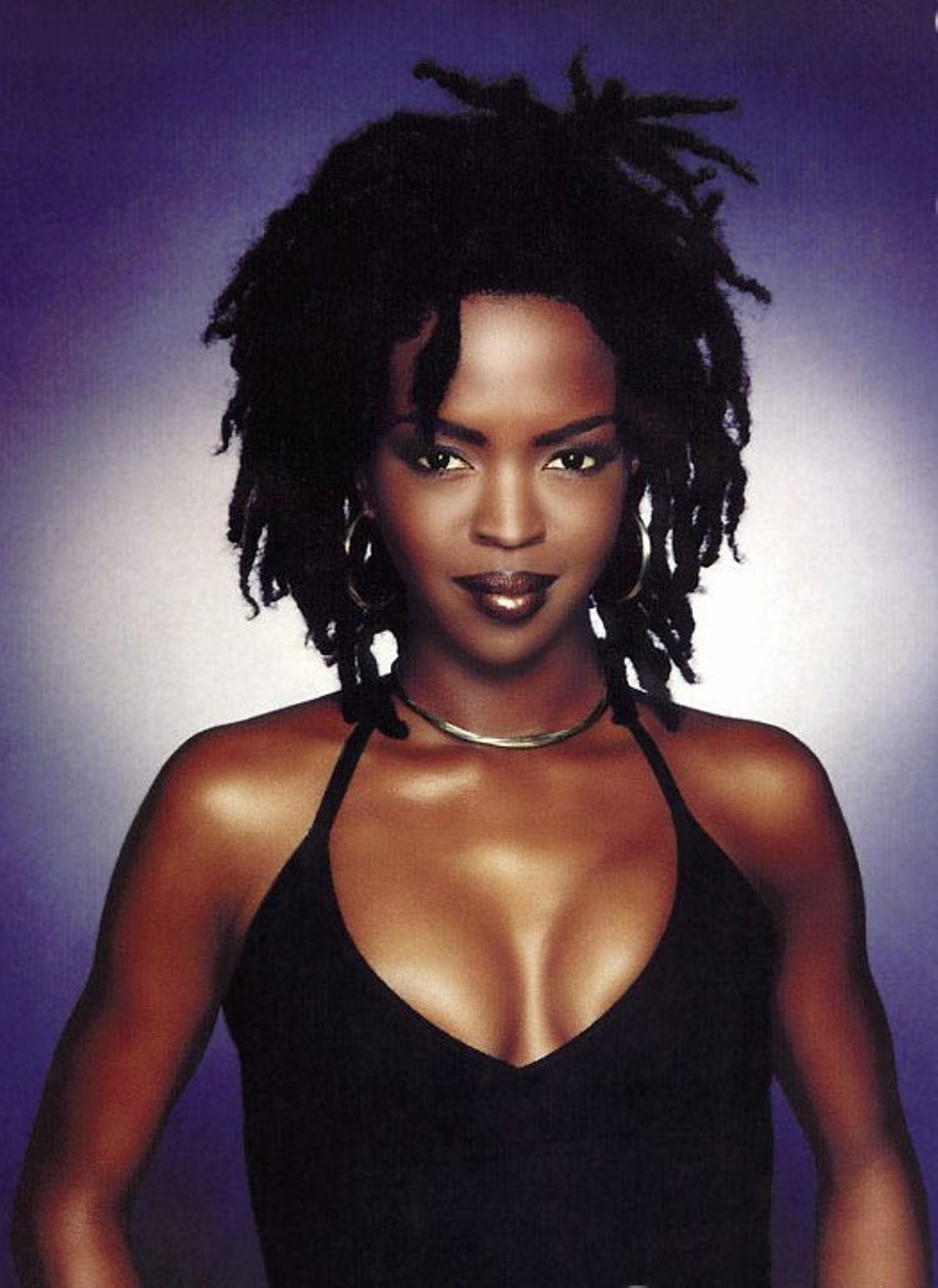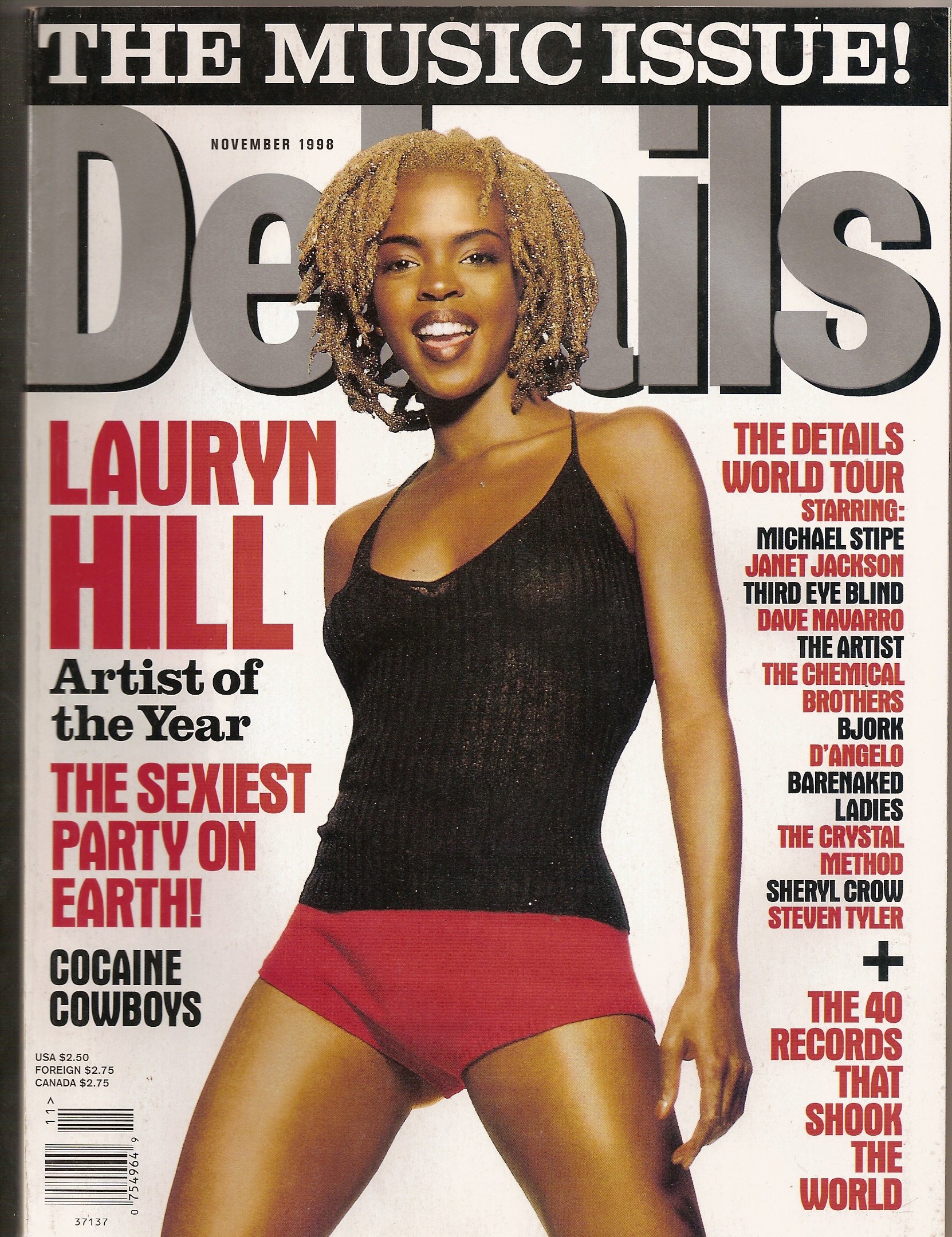LOST ONES

Lauryn Hill
Female producers have struggled to gain agency because of musical engineering being gendered as masculine. However, women like Lauryn Hill have gained notary for their engineer-ship because she is both a performer and a producer. In, “A Studio Of One’s Own: Music Production, Technology And Gender” by Paula Wolfe, a secondary source comments on the historically inadequate treatment of women producers. This article creates discourse on how women have to self isolate to build confidence and excel under male domination.
Before Hill was a solo artist and dropped her debut album, the Miseducation of Lauryn Hill, she was apart of The Fugees where she was the only woman in the group. Their eventual “spiritual” and “creative differences” coerced them to part ways. After experiencing heartbreak in isolation, she was able to produce an internationally acclaimed album. Wolfe discusses how female producers are only acknowledged when they are also performers, and if they are not performers their work will potentially go unrecognized. Hill exemplifies this as a performer and was often regarded as a musical genius, so her skills as an engineer did not always go unnoticed.
.
She was also an actress causing a convergence of audiences. Wolfe’s article exemplifies the anti-womanism from those in positions of power where women were often referred to as “just as a singer” if they did not play an instrument (Wolfe). In an interview published by The Atlantic, “Why Aren’t There More Women Working in Audio?” Tiffany Hendren, a sound engineer adds to Wolfe’s point because exclaims how working with men was confining. Women that she met in the industry shared similar feelings of always feeling they had to work harder to prove themselves worthy because the industry is run by men.
Women in the music industry are constantly trying to defy the gender disparities, but black women are combating both sexism and racism which is underlined in “Where My Girls At?”: Negotiating Black Womanhood in Music Videos” by Rana Emerson who highlights the celebration of hyper-sexuality and exploitation of black women in the industry but the socially acceptable limited emergence of female producers. As a person with two marginalizing intersections- being black and a woman, Hill had to combat notorious stereotypes and she did so in her music.
This is exemplified in the the R&B Grammy award-winning “Doo Wop (That Thing)” that celebrates and uplifts black women. The women she is referencing in the song have allowed their value to be determined by men and falsely believed sex makes them valuable. On the song written and produced by Hill, she inspires women, too, “Don’t be a hard rock when you are a gem” encouraging them to recognize their worth despite how society has tried to manipulate them into believing they are inferior. She also critiques them for following societal norms, “It’s silly when girls sell their souls because it’s in”. Though holding women accountable, Hill was not judging them for their choices of sexual freedom. She was coming from a place of understanding of crippling self-consciousness that makes women feel they need male validation to be worthy.

Lauryn Hill on the cover of Details Magazine
